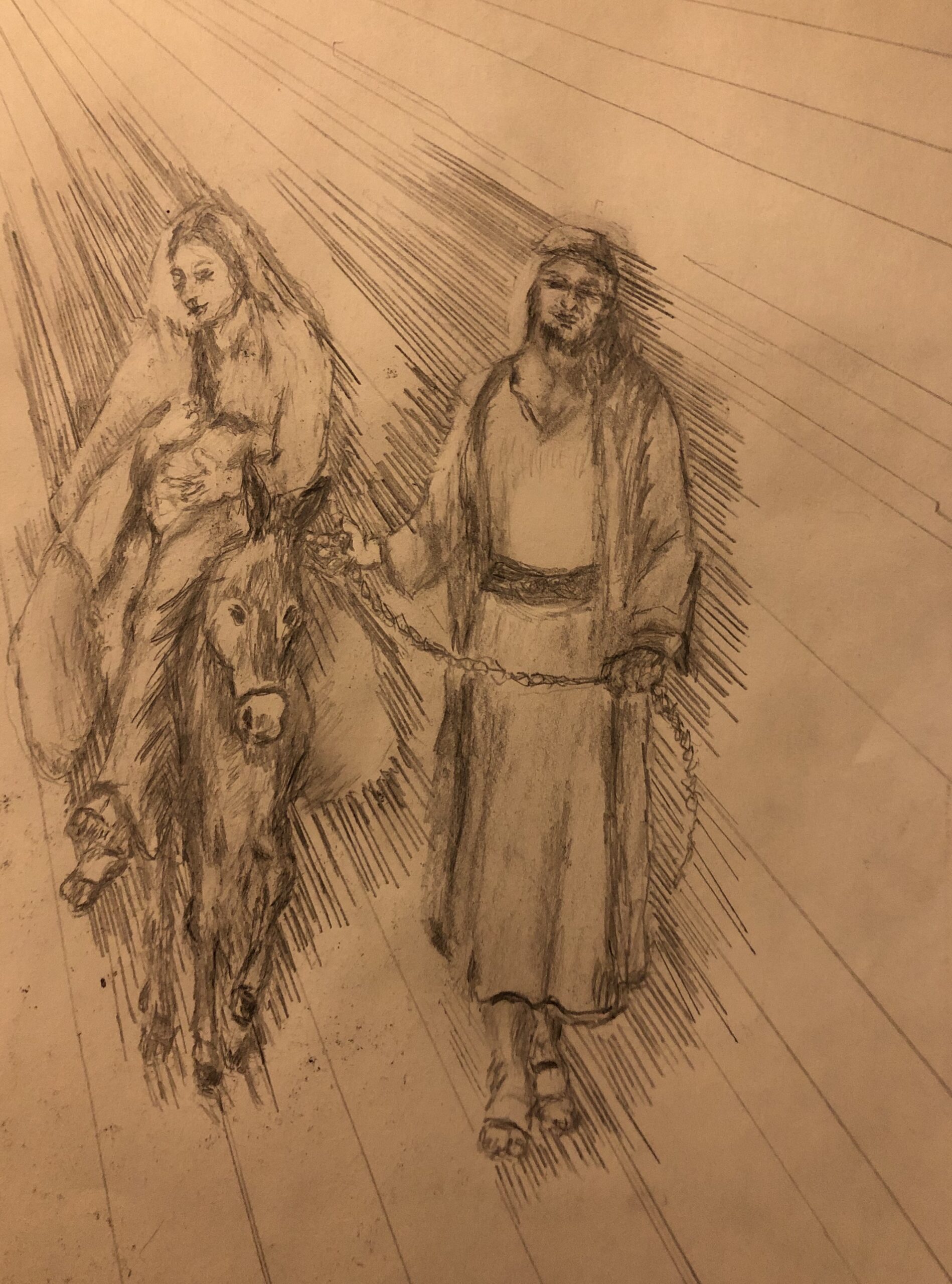Readings: Luke 1:68-79; Malachi 3:5-12; Philippians 1:12-18a
Then I will draw near to you for judgment; I will be swift to bear witness against the sorcerers, against the adulterers, against those who swear falsely, against those who oppress the hired workers in their wages, the widow and the orphan, against those who thrust aside the alien, and do not fear me, says the Lord. For I the Lord do not change; therefore you, O children of Jacob, have not perished. Ever since the days of your ancestors you have turned aside from my statutes and have not kept them. Return to me, and I will return to you, says the Lord of hosts. But you say, “How shall we return?” Malachi 3:5-7, NRSV
A former rector of our church was fond of saying that if you don’t feel as close to God as you used to, make no mistake about who has moved.
Advent can be a time to take stock of our current relationship with God as we prepare for the coming of the Messiah. Have I moved away? Has my time spent in prayer and meditation become too routine and less reflective? Sometimes during my devotions, I find myself thinking about what I’ve got to do afterwards, looking forward to getting back to “work”. Really? Not a very effective way to worship, now is it?
I’m not a big fan of the word intentionality, and yet Malachi, which means My messenger , has a message for me here. “How shall we return?”, he asks. Being more focused, more intentional, in the time I carve out for prayer and devotion is a good start. As I do this, I find myself returning. The old gospel hymn goes: In moments of despair and grief, my soul has often found relief, And oft escaped the tempter’s snare by thy return, sweet hour of prayer.
Offered by Bill Albritton, God’s beloved child.



